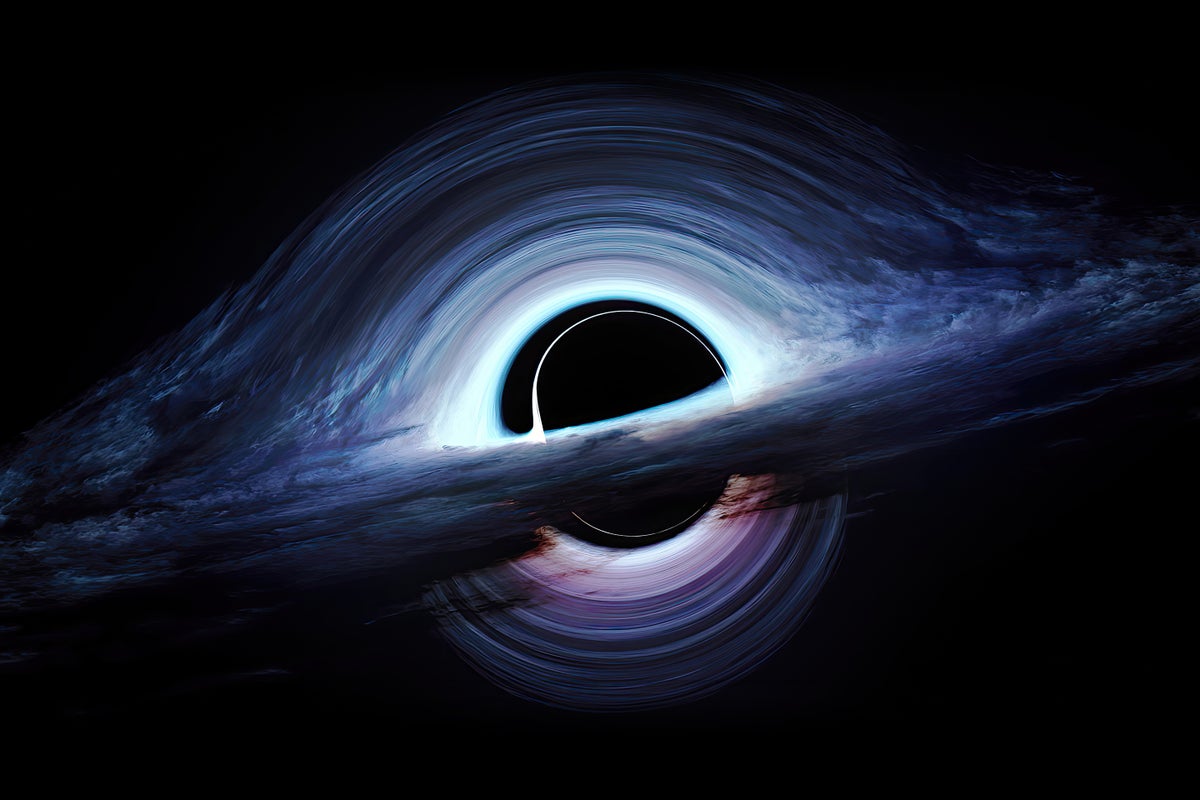- cross-posted to:
- astronomy@mander.xyz
- cross-posted to:
- astronomy@mander.xyz
The universe’s hidden mass may be made of black holes, which could wobble the planets of the solar system when they pass by
Black holes the size of an atom that contain the mass of an asteroid may fly through the inner solar system about once a decade, scientists say. Theoretically created just after the big bang, these examples of so-called primordial black holes could explain the missing dark matter thought to dominate our universe. And if they sneak by the moon or Mars, scientists should be able to detect them, a new study shows.
…
If primordial black holes are responsible for dark matter, they probably zip through the solar system about every 10 years, a new study found. If one of these black holes comes near a planet or large moon, it should push the body off course enough to be measurable by current instruments. “As it passes by, the planet starts to wobble,” says Sarah R. Geller, a theoretical physicist now at the University of California, Santa Cruz, and co-author of the study, which was published on September 17 in Physical Review D.* “The wobble will grow over a few years but eventually it will damp out and go back to zero.”



Experimental evidence please…
There have been SO MANY hypotheses for dark matter without experimental evidence. For one, we don’t even have evidence yet of dark matter being actual matter instead of being modified gravity.
Sure, theoretically dark matter seems a lot more likely than modified gravity, but still… We need that evidence badly.
You need to know where to look for said evidence, this is one new lead. Measure planet wobble for a few years and see if there’s anything. Other experiments can and will be carried in parallel in the meantime.
Oooo so we have a nice testable hypothesis. We could rule this out in less than five years, eh? That’s good then.